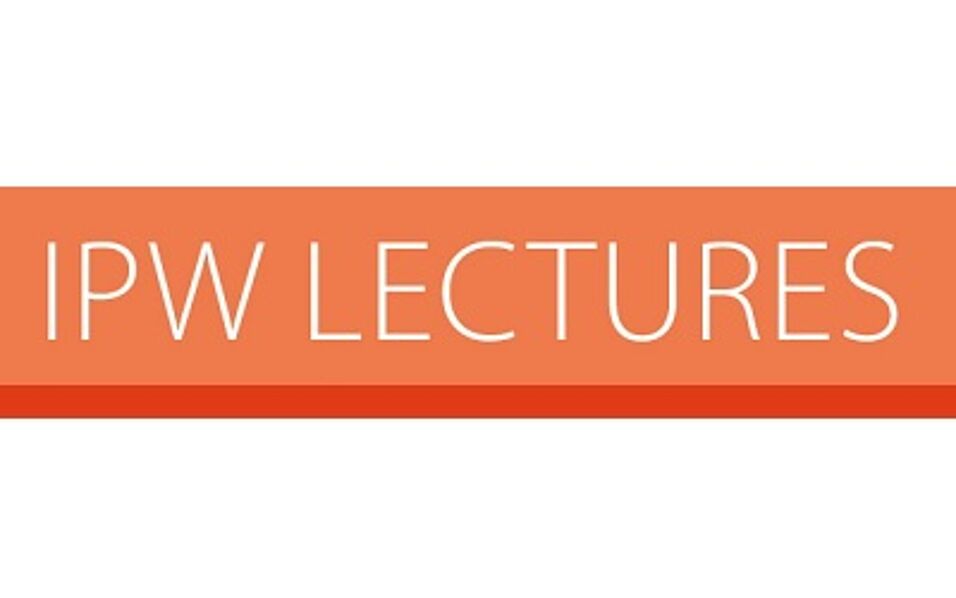Invitation to the IPW Lecture Humanitarian Borderwork
Lecturer: Polly Pallister-Wilkins (University of Amsterdam)
Moderation: Saskia Stachowitsch (Department of Political Science, University of Vienna | Austrian Institute for International Affairs)
When: Wednesday, 13. June 2018, 17:30
Where: oiip – Austrian Institute for International Affairs, Berggasse 7, 1090 Vienna
Abstract:
Europe’s borders have become places of suffering and death as safe and legal routes are closed to those fleeing conflict, persecution and poverty. As a result a range of actors from state agencies, humanitarian organisations, volunteer NGOs and individual citizens undertake a range of practices to relieve this suffering and prevent deaths. I call these practices ‘humanitarian borderwork’. Here humanitarian principles concerned with saving lives, alleviating suffering and bearing witness are enacted in border settings. These border in turn are the products of a range of practices by people, organisations and states. They are produced and reproduced through constant work, referred to as borderwork. The enactment of humanitarian principles changes borderwork from work concerned with stopping, defending and securing territory to work concerned with securing lives. This lecture aims to introduce the concept of humanitarian borderwork and analysis if and how it reorients border practices and politics.
Registration at: info@oiip.ac.at
Participation in this event series is free of charge. An event within the framework of IPW Lectures, an international series of lectures of the Department of Political Science, University of Vienna, in cooperation with the Austrian Institute for International Affairs and the Department of Political Science, University of Vienna.

